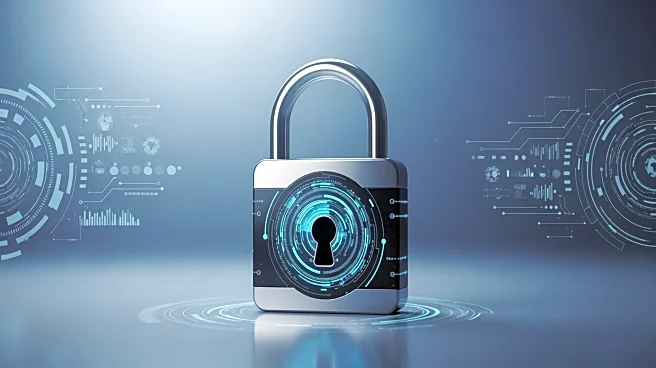What's Happening?
Small and medium-sized businesses (SMBs) are being advised to strengthen their cybersecurity measures as the holiday season approaches, a period known for increased cyberattacks. With a significant percentage
of SMBs having experienced ransomware attacks, the need for robust security strategies is critical. The end of support for Windows 10 has further heightened security concerns, as many SMBs face compliance risks with outdated systems. Experts recommend a layered security approach, integrating protection at the silicon, operating system, and endpoint levels to safeguard against sophisticated threats.
Why It's Important?
The holiday season presents a heightened risk of cyberattacks, which can have devastating effects on SMBs, including financial losses and reputational damage. By adopting a comprehensive security strategy, SMBs can protect their operations and customer data, ensuring business continuity. This proactive approach not only mitigates immediate risks but also positions SMBs to better handle future threats. As cyber threats continue to evolve, the ability of SMBs to adapt and implement effective security measures will be crucial for their survival and growth.
Beyond the Headlines
The transition from Windows 10 offers SMBs an opportunity to reassess their security infrastructure and invest in more secure hardware and software solutions. This period of change can be leveraged to implement long-term security improvements that align with industry best practices. By prioritizing cybersecurity, SMBs can enhance their resilience against attacks and build trust with customers, which is increasingly important in a digital-first economy.










